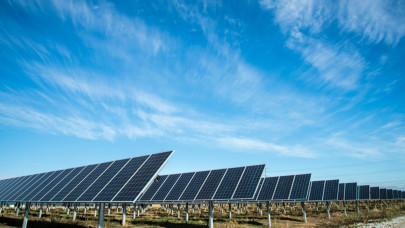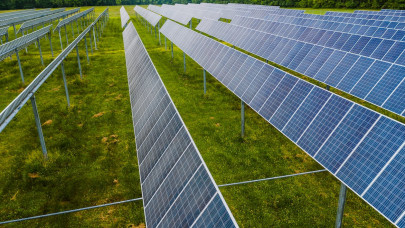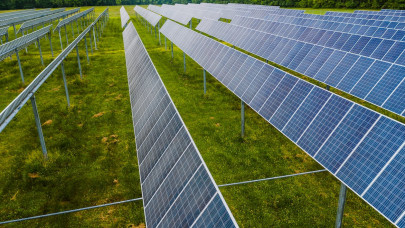Based on data provided by EU Member States as of April 2, 2024, emissions in 2023 witnessed a remarkable decrease of 15.5% compared to levels in 2022. This substantial reduction places ETS emissions at approximately 47% below the levels of 2005, positioning them well on track to achieve the targeted 62% reduction by 2030. This observed trend underscores the effectiveness and efficiency of the EU's cap-and-trade system as the leading policy instrument for driving the decarbonization of the European economy.
The principal catalyst behind the unprecedented decline in EU ETS emissions has been the power sector, which saw emissions from electricity generation plummet by an impressive 24% compared to 2022. This decline is largely attributed to a substantial increase in renewable energy production, primarily from wind and solar sources, displacing coal and gas. Additionally, the resurgence of hydro and nuclear power, facilitated by more favorable climate conditions, also contributed to the emissions reduction, albeit to a lesser extent.
In energy-intensive industrial sectors, emissions decreased by approximately 7% compared to 2022. This reduction in emissions within the industry sector is the result of a combination of decreased output and efficiency improvements, particularly evident in cement, iron, and steel production.
Aviation emissions experienced a further increase of around 10% compared to 2022, reflecting the ongoing recovery of the aviation industry from the significant downturn during the COVID-19 pandemic.












